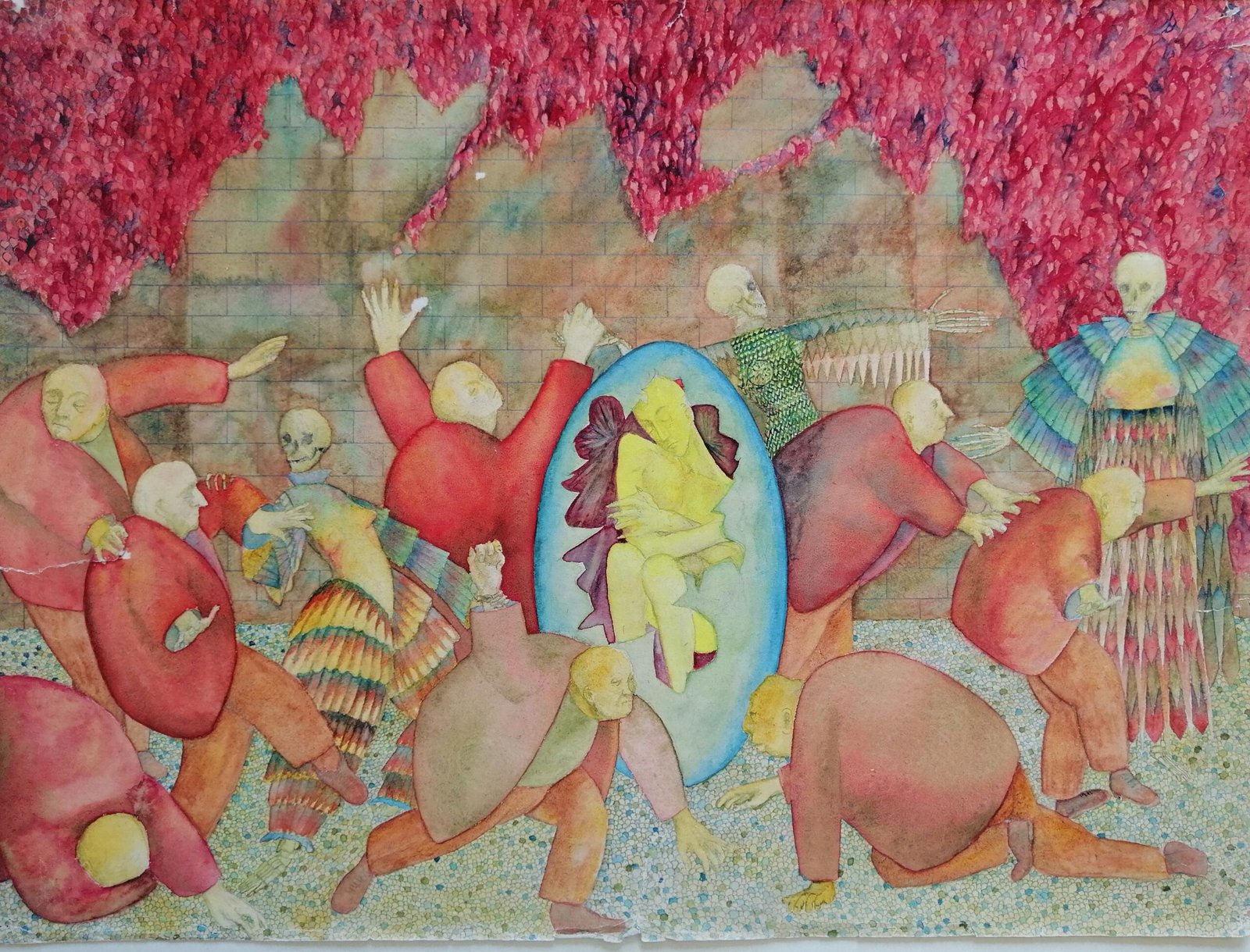The occupiers of tent city next to St Paul’s Cathedral, are now threatened with forced removal. A spokesman for the City Corporation stated that ‘tent dwellers have no right to occupy a public space’. Questions of public health and fire hazard are added to the illegality of the occupation. These objections can’t be denied and if the occupation was a simple case of squatting on public land the argument of the Corporation would be difficult to refute. But it is not a simple case of squatting. People are there and people not there support their being there because it is a protest against a much more blatant abuse of public space. The act of occupation is a fact on the ground but also a living metaphor to bring the nature of the abuse to our attention.
Every day new information is revealed of activities conducted in financial institutions and large corporations which involve secret deals, manipulations and anti-social practices done in the interests of certain groups and their cronies. These activities are happening in public spaces, in banks, trading centres and corporations.
Money is a public facility set up to enable the exchange of goods and services and the making of investments and gifts for public benefit. Its function is currently abused. Should the illegal occupants be driven from their space before there is a serious effort to drive abuse from the much larger space of banks etc which has much more damaging effects? It seems to me that only a person blind to what protesters are targeting and insensitive to the social consequences of injustice can comment, ‘We have noted your protest and now it is time to move on.’ To move on where? Does it mean to remain stuck with the old system and its privileges?
This is not just a legalistic issue. The metaphor of the occupation has to be met at the depth of concern which has produced it. There is much outcry against women who wear veils in public spaces. Is the concealment of top salaries, lobbies exerting hidden pressures on law-makers, tax havens and the destructive competition between corporations with its hidden effect on the livelihood of primary producers, is this not wearing veils in public spaces? Next time Bob Diamond appears in public look for the niqab.
‘If you are protesting, tell us your solutions.’ is often heard.
Raising water from a well to irrigate fields is an ancient problem solved by the ancient Egyptians. Applied to problems in the physical world, thinking looks at cause-and effect relations and comes up with solutions. Human social problems are never like this. Physical problems are linear problems. Not so human problems. So what are they? How do we understand them and how can we deal with them? Is it simply a question of people becoming more moral and punishing those who don’t? Can we preach a way out of this social disaster?
I think we need to reflect on how we handle our social problems, that is problems between people. Too often we look for some cause that can be blamed for the problem. Poor results in English and maths at a certain age -start them younger and give them more. A study in Germany some years ago indicated that too much streaming of bright students to focus on maths and sciences had the reverse effect of what was intended. Some of these students reacted and numbers decreased. It was noticed that students who had followed a broader curriculum remained more eager to choose with enthusiasm what they had only tasted. without being satiated. To make our mixed society more cohesive it is thought by some that we need to instil a common island story – national history emphasizing national achievements. Such thinking is not uncommon but woefully inadequate for the task.
Our time has to embrace a quite new understanding of social relations free from ideology and dogma and linear thinking.
After my stop-off at tent-city I took some photos in Trafalgar Square. There was Nelson high up looking down over the city his victory gave command of the seas for a 100 years. In the same shot is one of his sailing ships neat and tidy in a bottle on a plinth. There we have a couple of metaphors. In fact if you look around, London is full of metaphors. The imperialist metaphor needs no translation. I leave you with the ship-in-a-bottle metaphor. They speak from different ages, different perspectives. Both very telling! They are comments on their times.
The metaphor of tent city is not just a comment to amuse or inform the mind, to recall past glory or present sorrows. It is to bring change, to will something new.



